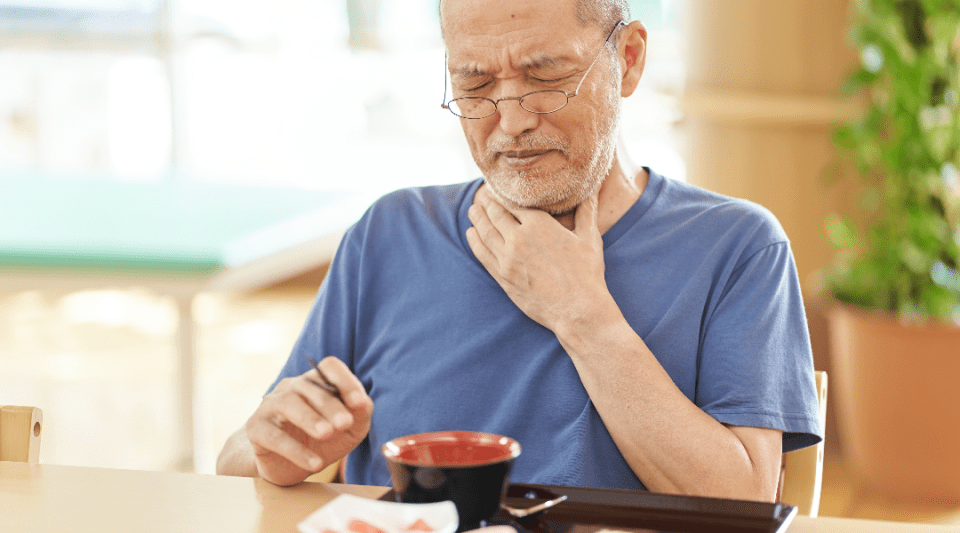Dysphagia is the medical term for difficulty swallowing solid or liquid food. It is described as a feeling of food stuck in the mouth or throat (oropharyngeal dysphagia) or food pipe (oesophageal dysphagia). It is therefore a symptom, and not a disease in itself. So it can be present in many diseases that affect the food pipe, impairing its function or obstructing it.
Achalasia, meanwhile, is a disease of the food pipe, characterised by its lack of movement and the lack of opening of the lower oesophageal sphincter. This makes it difficult for food to pass into the stomach and so dysphagia is its main symptom. In addition, patients may bring back undigested food from the oesophagus or suffer weight loss or chest pain.
The cause of achalasia is unknown, but it is thought it may be due to a viral infection in genetically susceptible people. This infection causes inflammation and damage to the nerves responsible for producing the stimulus providing movement in the oesophagus and opening of the sphincter.
Achalasia is mainly diagnosed after a study called high-resolution oesophageal manometry has been carried out. This consists of placing a probe through the nose with pressure sensors to detect if there is movement in the food pipe.
The main treatments for achalasia are aimed at helping to open the oesophageal sphincter so food can pass into the stomach. This is because movement in the oesophagus itself cannot be recovered. By opening the oesophageal sphincter, food can pass through and the patient can eat and lead a normal life, despite this limitation. There are pharmacological, endoscopic and surgical treatments. Pharmacological treatment is normally used initially before any other more invasive treatment, such as endoscopic or surgical. The latter consists of opening the sphincter so that food can pass from the oesophagus to the stomach, thus preventing dysphagia.
It must be remembered that difficulty swallowing may be experienced occasionally; for example, when eating without chewing properly or swallowing food or liquid too quickly. However, if these symptoms persist over time, you should consult a specialist; as you may have a more serious problem, such as achalasia.
Information documented by:
Dr Elizabeth Barba, gastroenterologist at the Gastroenterology Service, Clínic Barcelona hospital.
Dr María José Moreta, gastroenterologist at the Gastroenterology Service, Clínic Barcelona hospital.






